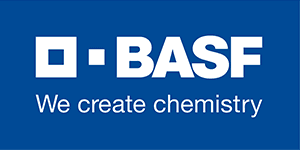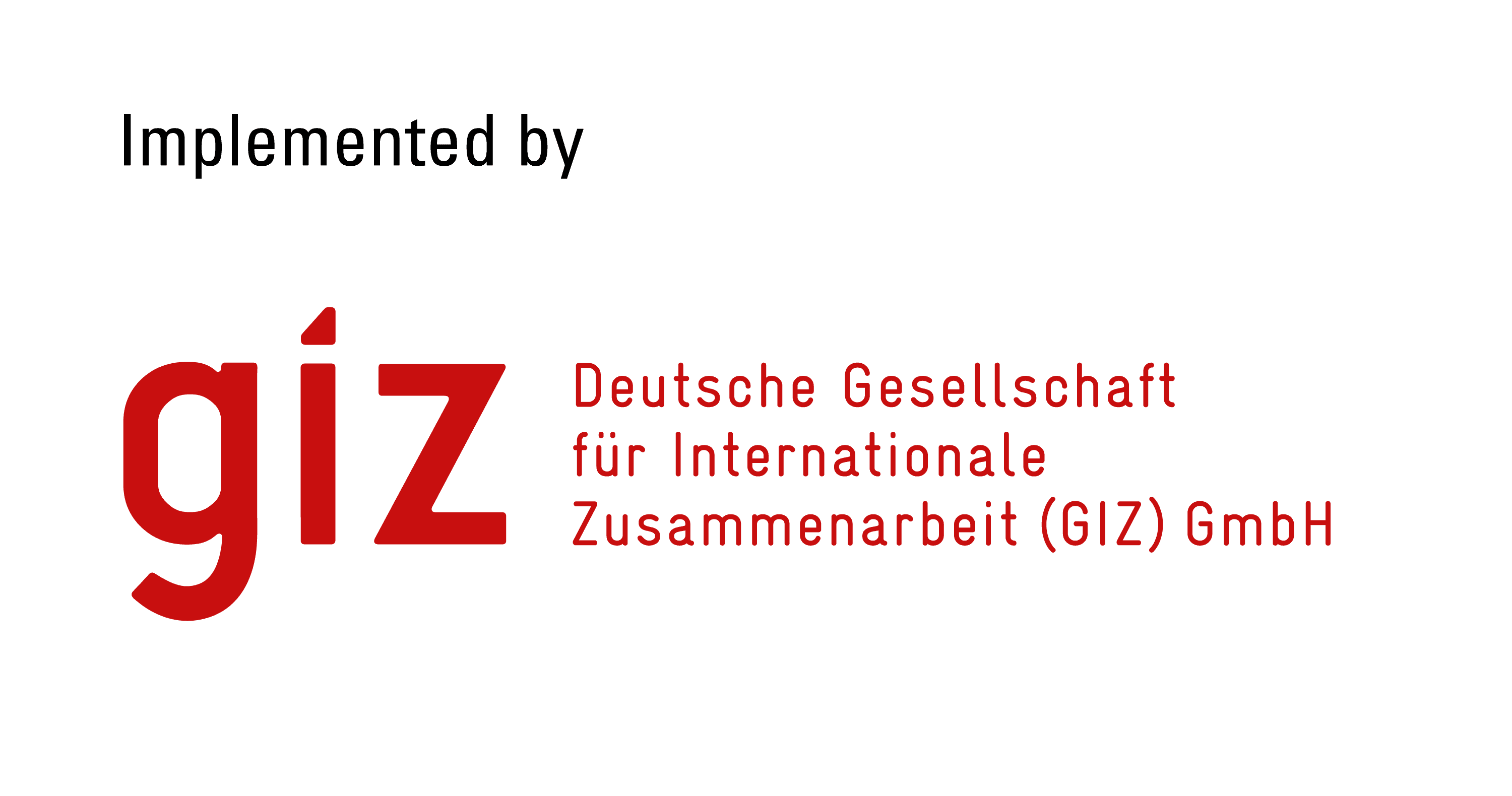- English
- French
About Cobalt for Development
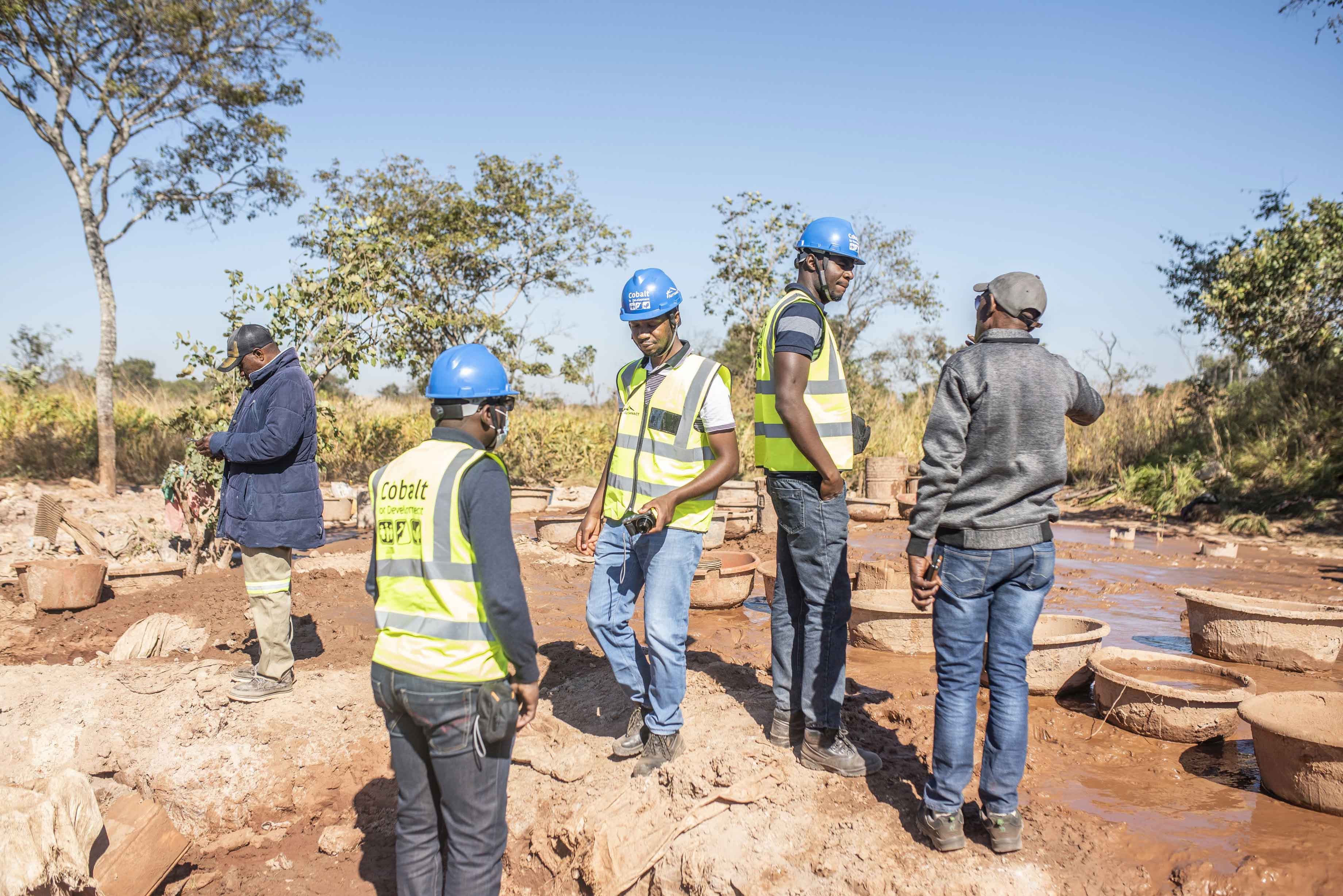
Cobalt for Development (C4D) is a multi-donor initiative working to transform the artisanal mining and small-scale cobalt mining (ASM) in the Republic Democratic of Congo. C4D aims to demonstrate that artisanal cobalt mining can operate in line with international standards for health, safety, and environment —contributing to better living and working conditions, and formalizing the sector.
C4D collaborates with the Entreprise Générale du Cobalt (EGC), cooperatives, and miners to strengthen technical capacities and improve operational standards. It also fosters market incentives by facilitating a link of responsible ASM producers with downstream markets and supporting due diligence compliance.
Implemented by GIZ and co-funded by BASF, BMW Group, the European Union, and Stihl, C4D supports the EGC and government partners in developing legal and socially responsible pilot mining sites.
C4D aligns with the European Union’s Global Gateway, the Critical Raw Materials Act, and international due diligence standards, step-by-step making responsibly mined artisanal Congolese cobalt a real cornerstone of the global clean energy transition.
Our training modules
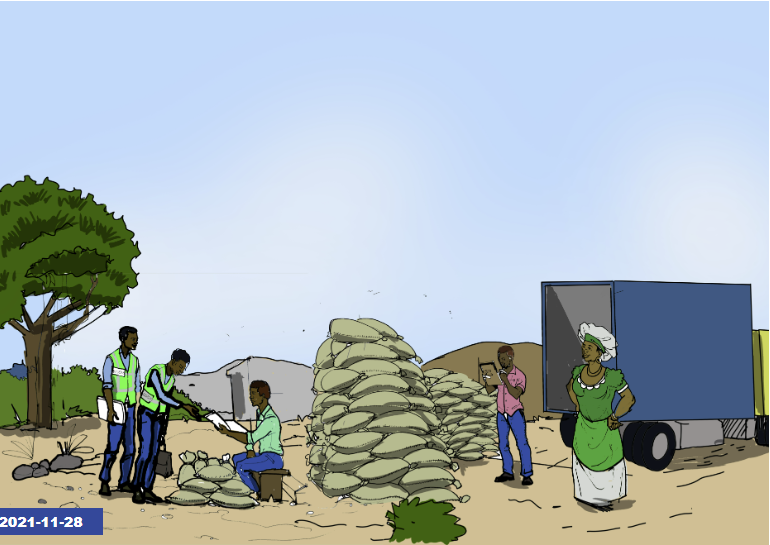
Administration and management of operations by the mining cooperative
[ Download ]
Hygiene, health and safety in artisanal and small-scale mining
[ Download ]
Management of environmental and social impacts
[ Download ]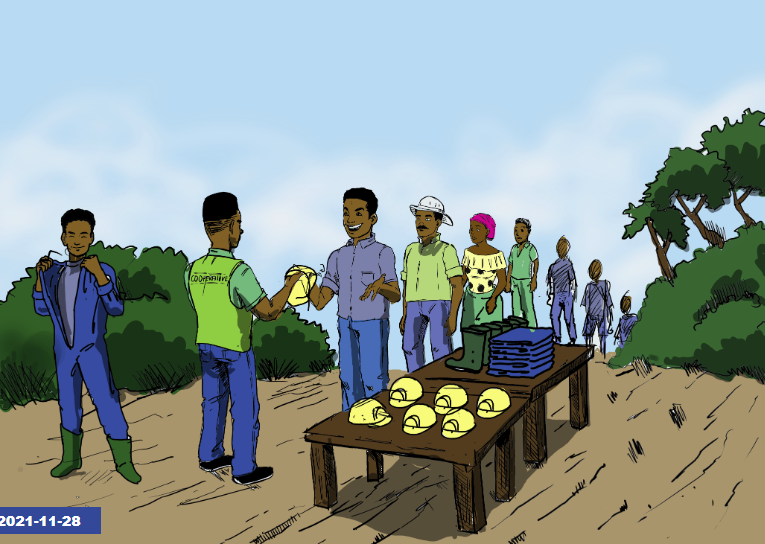
Personal protective equipment (PPE)
[ Download ]
Artisanal mining techniques
[ Download ]
Cobalt for Development (C4D) Training Modules (Comprehensive)
[ Download ]
Administration and management of operations by the mining cooperative
[ Download ]
Hygiene, health and safety in artisanal and small-scale mining
[ Download ]
Management of environmental and social impacts
[ Download ]
Personal protective equipment (PPE)
[ Download ]
Artisanal mining techniques
[ Download ]
Cobalt for Development (C4D) Training Modules (Comprehensive)
[ Download ]C4D Lessons Learned Paper

C4D Lessons Learned Paper
[ Download ]Partnering for a sustainable future

